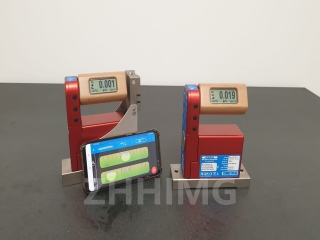The innovative design of granite mechanical lathes represents a significant advancement in the field of precision machining. Traditionally, lathes have been constructed from metals, which, while effective, often come with limitations in terms of stability, vibration dampening, and thermal expansion. The introduction of granite as a primary material for lathe construction addresses these issues, offering a range of benefits that enhance machining performance.
Granite, known for its exceptional rigidity and density, provides a stable platform for precision work. The innovative design of granite mechanical lathes leverages these properties to minimize vibrations during operation, which is crucial for achieving high levels of accuracy. This stability allows for finer tolerances and improved surface finishes, making granite lathes particularly appealing for industries that demand precision, such as aerospace, automotive, and medical device manufacturing.
Moreover, the thermal properties of granite contribute to the innovative design of these lathes. Unlike metal, granite experiences minimal thermal expansion, ensuring that the machine maintains its dimensional integrity even under varying temperature conditions. This characteristic is vital for maintaining precision over extended periods of operation, reducing the need for frequent recalibrations.
The innovative design also incorporates advanced features such as integrated cooling systems and user-friendly interfaces, enhancing the overall functionality of granite mechanical lathes. These machines can be equipped with modern CNC technology, allowing for automated operations and increased productivity.
In conclusion, the innovative design of granite mechanical lathes marks a transformative step in machining technology. By utilizing granite's unique properties, manufacturers can achieve unprecedented levels of precision and stability, setting a new standard in the industry. As technology continues to evolve, granite lathes are poised to play a crucial role in the future of precision engineering.
Post time: Nov-08-2024

